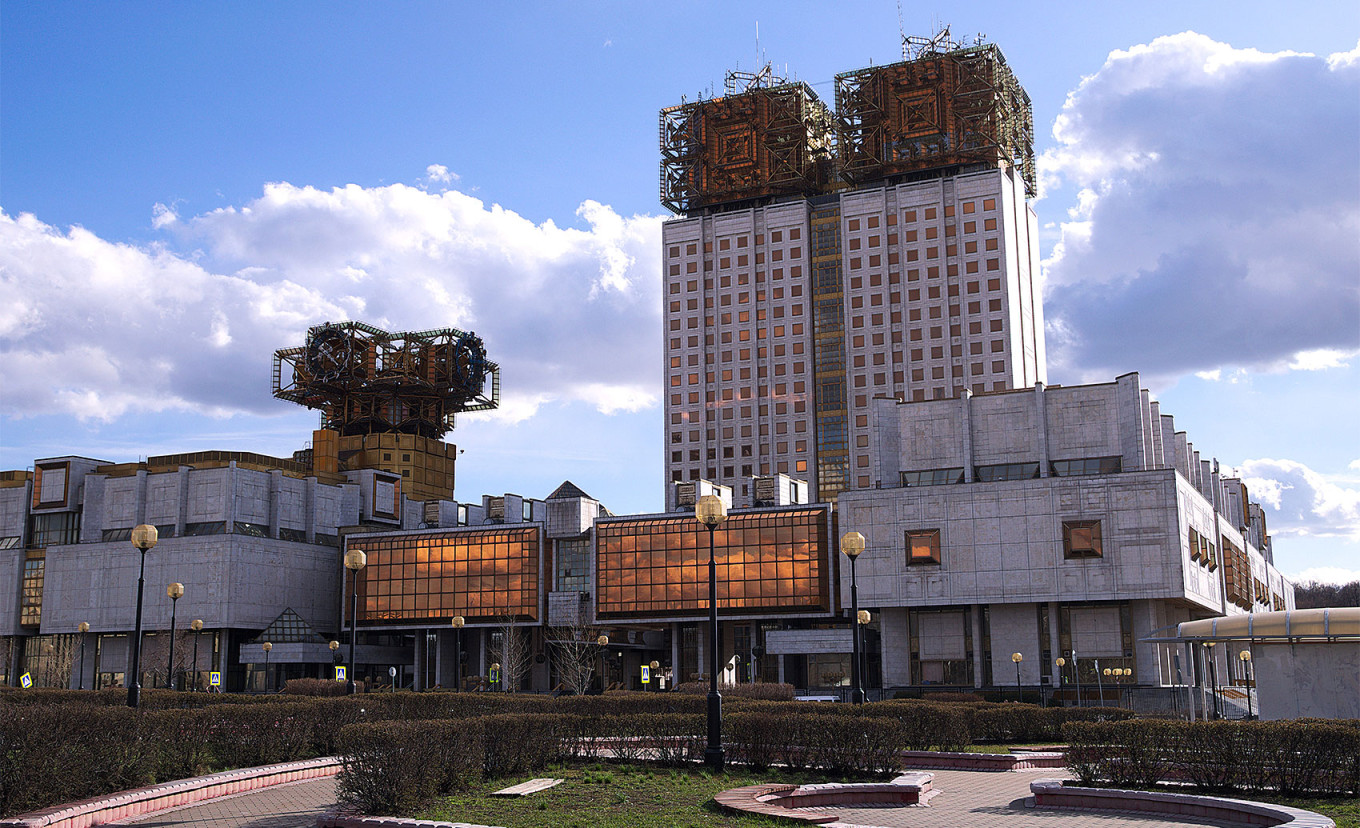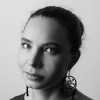The Russian Academy of Sciences (RAS) was founded almost 300 years ago by Peter the Great, but reached its apogee in the Soviet Union. All the research that led to the nuclear bomb, Sputnik, the flight of Yuri Gagarin, 10 Nobel laureates took place within its remit. The Soviet academy was not “a club of great minds,” it was a system that united research institutes all over the country — like the NIH institutes in the US or the system of the Max Planck society in Germany.
Soviet researchers published their results (censored, of course) in international scientific journals and participated in conferences abroad. Their salaries were far higher than the average Soviet citizen. And the presidents of RAS were people of immense scientific importance, including the mathematician and the father of space flight Mstislav Keldysh; chemist Alexander Nesmeyanov; physicists Sergei Vavilov and Anatoly Alexandrov.
All this came apart with the collapse of Communism. There was no more funding, thousands of researchers emigrated, and science was no longer a government priority. Under President Vladimir Putin, academic freedoms have been gradually eroded along with the general dismantling of democratic institutions.
The post-Soviet presidents of RAS have not been strong figures, either. Yuri Osipov, a mathematician from the Urals with modest academic achievements, took charge in 1991. Aside from complaining about a lack of money and the brain drain, he will be remembered for using the Academy's vast real estate property to get rich.
In 2013, Vladimir Fortov was unexpectedly elected to the presidency of RAS. Objectively a strong candidate, great scientist and capable administrator, he had a reform program. But the government was no longer interested in RAS: instead, it was focused on research universities and the growth of the Kurchatov Institute run by Mikhail Kovalchuk, the older brother of Putin’s close ally, banker Yuri Kovalchuk. Soon after Fortov was elected, the government put RAS institutions under the direct control of the Ministry of Science and Education as a part of reforms that transformed the institution itself into a "club" with stipends paid to members by the state and a very formal public role.

Disappointed by all that had happened, Fortov refused to run for a second term in 2017. Then, the government blatantly interfered in the election process, using its veto to remove a leading candidate, Alexei Khokhlov. The vice-rector of Moscow State University, an internationally recognized scientist and a strong public figure, Khokhlov was seen as someone who could have pushed through real change.
Alexander Sergeev, who won the election with Khokhlov’s support, turned out to be a weak president. His term began with scandalous comments about homeopathy and ended with a very conformist position about the war in Ukraine. When he withdrew his candidacy on Sept. 19, just a day before new elections, it wasn't a big surprise.
Academic Gennady Krasnikov became the newest president of RAS the following day, just before Putin announced mobilization. With a doctorate in technical sciences, Krasnikov is a well-known industrial manager, but has limited credentials as a researcher. As part of his election platform, he promised the integration of fundamental science and industry, the reinforcement of RAS’ role as a “state think tank” and talked a lot about the "import substitution" that is a much-loved topic among officials.
In a parallel world, these aspirations would make a lot of sense — but the Ukraine war means Russia is cut off from major supplies of equipment, reagents and other components. There is no way that Krasnikov does not understand this problem: without the supply of lithographic equipment from abroad, for example, the production of microchips in Russia is impossible. In light of this, his comments about the war being a "window of opportunity" for Russian research and production seem like populism rather than a plan.
Last but not least, 60% of Russian researchers are males, and their thoughts are likely to be far from scientific research as mobilization gets underway all over the country.
So, the first challenge of Krasnikov’s term will probably be his (in)ability or (un)willingness to protect his “flock” from being drafted into the army and sent to the frontlines in Ukraine. It’s not a situation in which one can expect any significant kind of scientific progress.
A Message from The Moscow Times:
Dear readers,
We are facing unprecedented challenges. Russia's Prosecutor General's Office has designated The Moscow Times as an "undesirable" organization, criminalizing our work and putting our staff at risk of prosecution. This follows our earlier unjust labeling as a "foreign agent."
These actions are direct attempts to silence independent journalism in Russia. The authorities claim our work "discredits the decisions of the Russian leadership." We see things differently: we strive to provide accurate, unbiased reporting on Russia.
We, the journalists of The Moscow Times, refuse to be silenced. But to continue our work, we need your help.
Your support, no matter how small, makes a world of difference. If you can, please support us monthly starting from just $2. It's quick to set up, and every contribution makes a significant impact.
By supporting The Moscow Times, you're defending open, independent journalism in the face of repression. Thank you for standing with us.
Remind me later.








